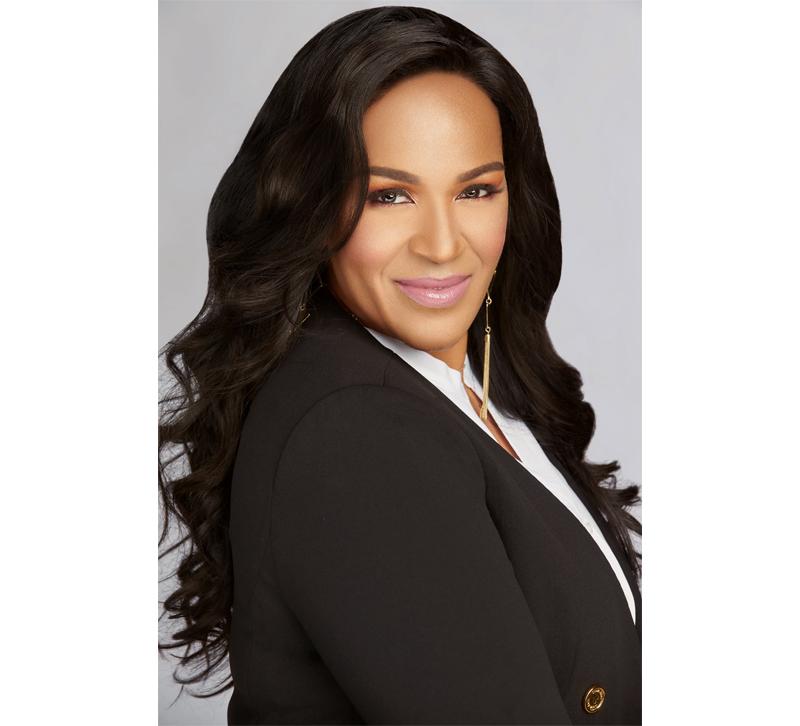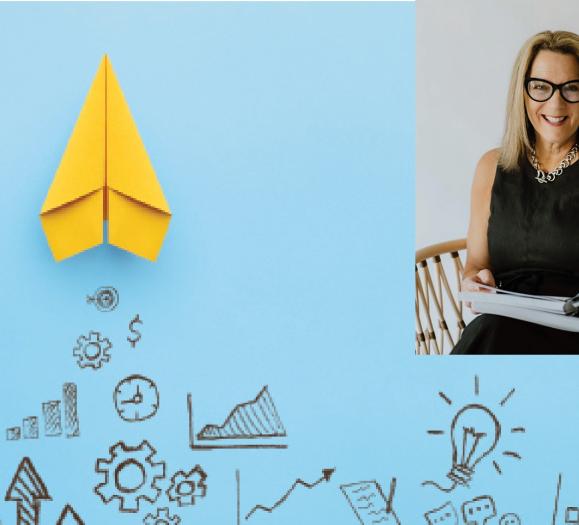No matter the industry, everyone has some cringe-inducing memories they look back on from early in their careers where they learned something the hard way and added another thing to their mental “do not repeat/never again” list in red — and underlined it. To help save interior designers at all stages of their careers from making avoidable mistakes, designer and lifestyle expert Monica Wilcox is taking her hard-learned lessons and turning them into useful tips for design professionals in her book released with Nikki Chu this year, titled The Top 15 Mistakes a #DesignBoss Would Never Make. We caught up with Wilcox to learn more about her design background and get some crucial insights on professional blunders to stay away from.
The fundamentals
In her interior design career, Wilcox says many of the lessons she’s learned center on properly valuing herself and her talent and prioritizing the business side of things. And she’s not alone in this — when talking with other designers, she’s found that their biggest issue is not sourcing products or having an eye for design, but that they struggle with setting boundaries, marketing themselves and navigating client interactions and money.
“People skip over this stuff, especially when they want to become designers, because it’s such a thing that people have in their head that they can just do, and it’s a talent and artistic thing,” Wilcox said. “They don’t feel like they need all that stuff — the financials and the accounting and the bookkeeping — but it is paramount to being successful and profitable.”
Wilcox said she skipped over some of these basic fundamentals early in her career and figured she’d learn them along the way, but that didn’t come without its mishaps. Read on for some mistakes she says to stay away from.
1. Don’t worry about other people’s money
Wilcox recalls a time early in her career when she went to a new client’s home for a kitchen consult. The meeting went well, and the client asked for her fee, to which she replied, “15,” meaning $1,500. When the client went to write her a check the next day, it was for $15,000. Wilcox was initially shocked and elated, but then realized that she was undercharging.
“That experience for me was not only a wake up call but an epiphany that I was worth it,” she said. “That just boosted my confidence and I stopped worrying about other people’s money instead of worrying about my own.”
2. Don’t hire unqualified people
Wilcox found that when she used to hire people, she would often do it based on personality or potential rather than if they had the right skills for the job. By rooting for the underdog and telling herself she could train underqualified people to get them up to speed, she realized she was hurting herself in the long run and needed to change her interviewing strategy.
3. Don’t forget to set boundaries
In any industry, people will cross boundaries if you don’t set them. Wilcox cautions that it’s important to make it clear how you do things from the get go, rather than trying to backtrack later. For example, if you don’t like to take work calls after a certain time in the evening or on the weekends, make that clear. If you don’t, you might have an angry client waiting for you on Monday asking why you didn’t get back to them all weekend. If you tell the client how you operate up front, it leaves less room for hurt feelings and irritation. “You have to not be afraid to say it. People are afraid because they think they’re going to lose,” Wilcox said. “They think they’re going to lose out on the deal or possibly lose the clients, and it’s not true. You do have the power to set the rules, you just have to do it up front.”







